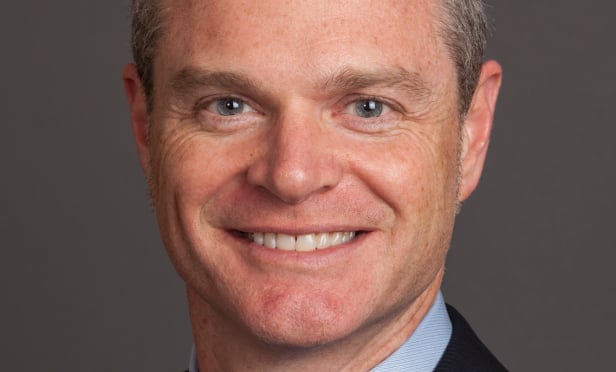
SANTA ANA, CA—If a natural disaster damages a sufficient number of homes, developers look for opportunities to deliver more housing to the market, but there are obstacles, First American Financial Corp.'s chief economist Mark Fleming tells GlobeSt.com. According to a recent report from the firm, the Census Bureau report for September sent a pessimistic message to the national housing market.
Permits declined 4.3% compared to a year ago. The decreased pace of permits, a leading indicator of starts, is a concern for further increases in starts in the coming year. The 4.6% decline in single-family housing starts is likely due to the impact of hurricane damage.
In addition, it was clear that hurricanes demolished the job creation numbers with a decline of 33,000 non-farm payroll jobs created. Hurricane Harvey significantly damaged or destroyed more than 30,000 homes, and Irma similarly damaged more than 4,000 homes. Residential construction employment, the primary category of labor that build new homes, declined by 3,900, while specialty trade contractors (the plumbers, electricians and other specialized labor that is often involved in renovation and rehabilitation projects) increased by almost 9,000.
The decline in residential construction jobs and increase in specialty trade contractors highlights the strong demand, particularly in Texas, for construction workers to renovate and rehabilitate hurricane impacted houses. The challenge of finding skilled labor to build new homes is now being exacerbated by the demand for that same skilled labor to renovate damaged homes, according to First American.
We spoke with Fleming about the recuperation period for housing markets after natural disasters and how employment is typically affected by them.
GlobeSt.com: How long does it usually take for a housing market to recuperate from a natural disaster such as a hurricane, flood, earthquake, tornado or wildfire?
Fleming: That's hard to say because there really is no “usual” to recovery from natural disasters. For example, the flooding caused by Harvey was much more damaging than the damage of Irma, even though Irma impacted a much larger area, but didn't cause widespread flooding.
GlobeSt.com: How do mortgage lenders view these markets?
Fleming: One of the outcomes of the housing crisis and lessons from the recovery from Hurricane Katrina in New Orleans is that the mortgage industry, specifically servicers, now have a wide and varied toolkit of options today to help distressed borrowers in areas impacted by natural disasters. Whether it's temporary forbearance, loan modification or some other form of assistance, there are many more ways to help borrowers recover and remain in their homes whenever possible.
GlobeSt.com: How do natural disasters affect employment in these markets in the long term?
Fleming: Typically, employment markets recover quickly. While we saw a decline in non-farm payroll employment in September, it will likely rebound within a month or two.
GlobeSt.com: How do developers view future prospects in these markets, and how are new-home prices affected?
Fleming: This is a good question. In the short to middle run, if a natural disaster damages a sufficient number of homes, there is typically an increase in demand and developers look for opportunities to deliver more housing to the market, but they have to compete for a limited supply of construction workers with homeowners trying to repair the damage to their homes. But, in the longer run, the value of new homes is increased because of the need to replace the unrepairable housing units, as well as keep up with the growth in the demand overall in the market.
Want to continue reading?
Become a Free ALM Digital Reader.
Once you are an ALM Digital Member, you’ll receive:
- Breaking commercial real estate news and analysis, on-site and via our newsletters and custom alerts
- Educational webcasts, white papers, and ebooks from industry thought leaders
- Critical coverage of the property casualty insurance and financial advisory markets on our other ALM sites, PropertyCasualty360 and ThinkAdvisor
Already have an account? Sign In Now
*May exclude premium content© 2025 ALM Global, LLC, All Rights Reserved. Request academic re-use from www.copyright.com. All other uses, submit a request to [email protected]. For more information visit Asset & Logo Licensing.








